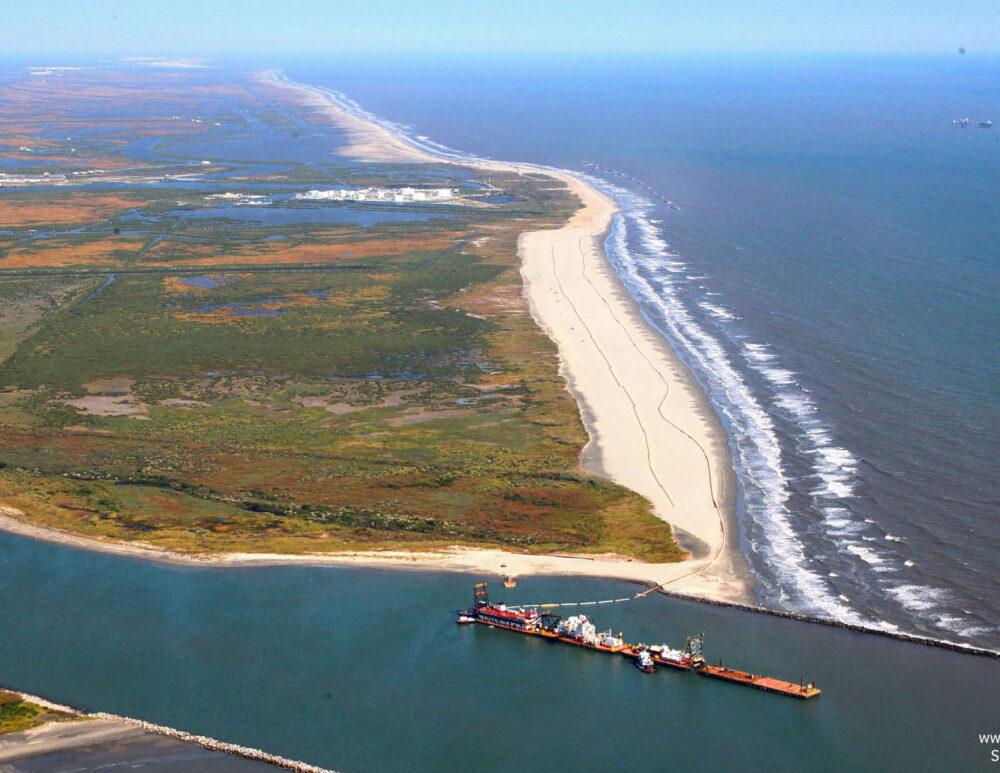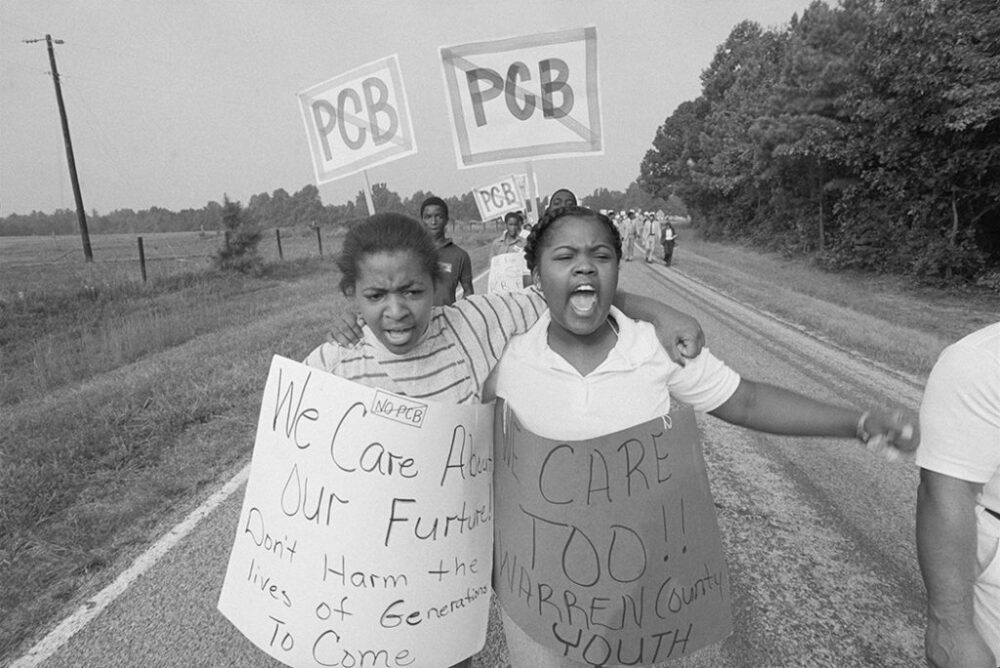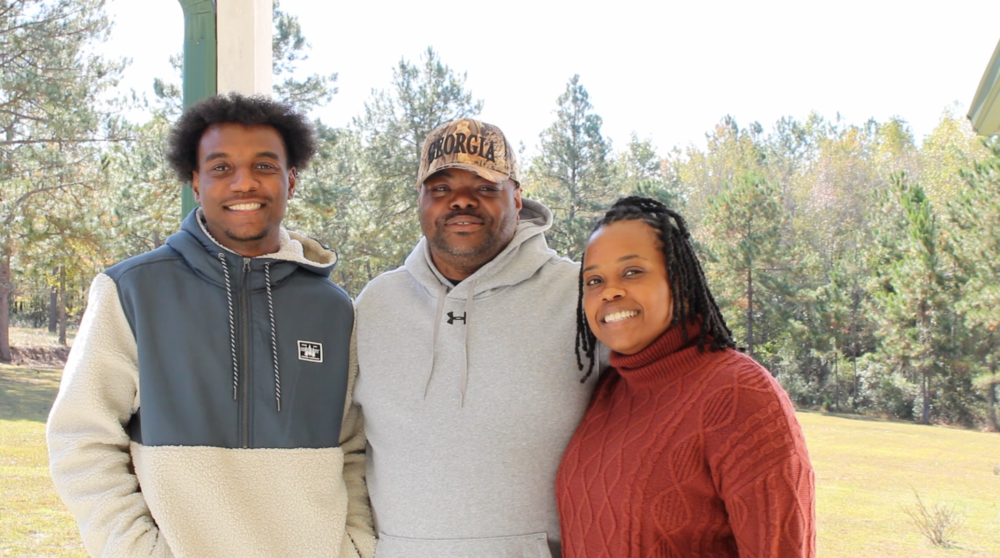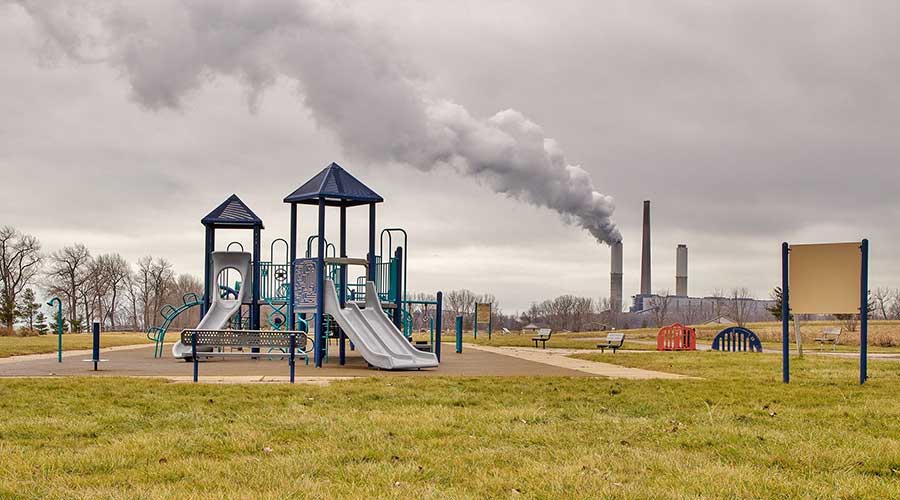We have much more to do and your continued support is needed now more than ever.
EPA’s Thriving Communities
The EPA Region 3 TCTAC: A Timeline of Events and Developments
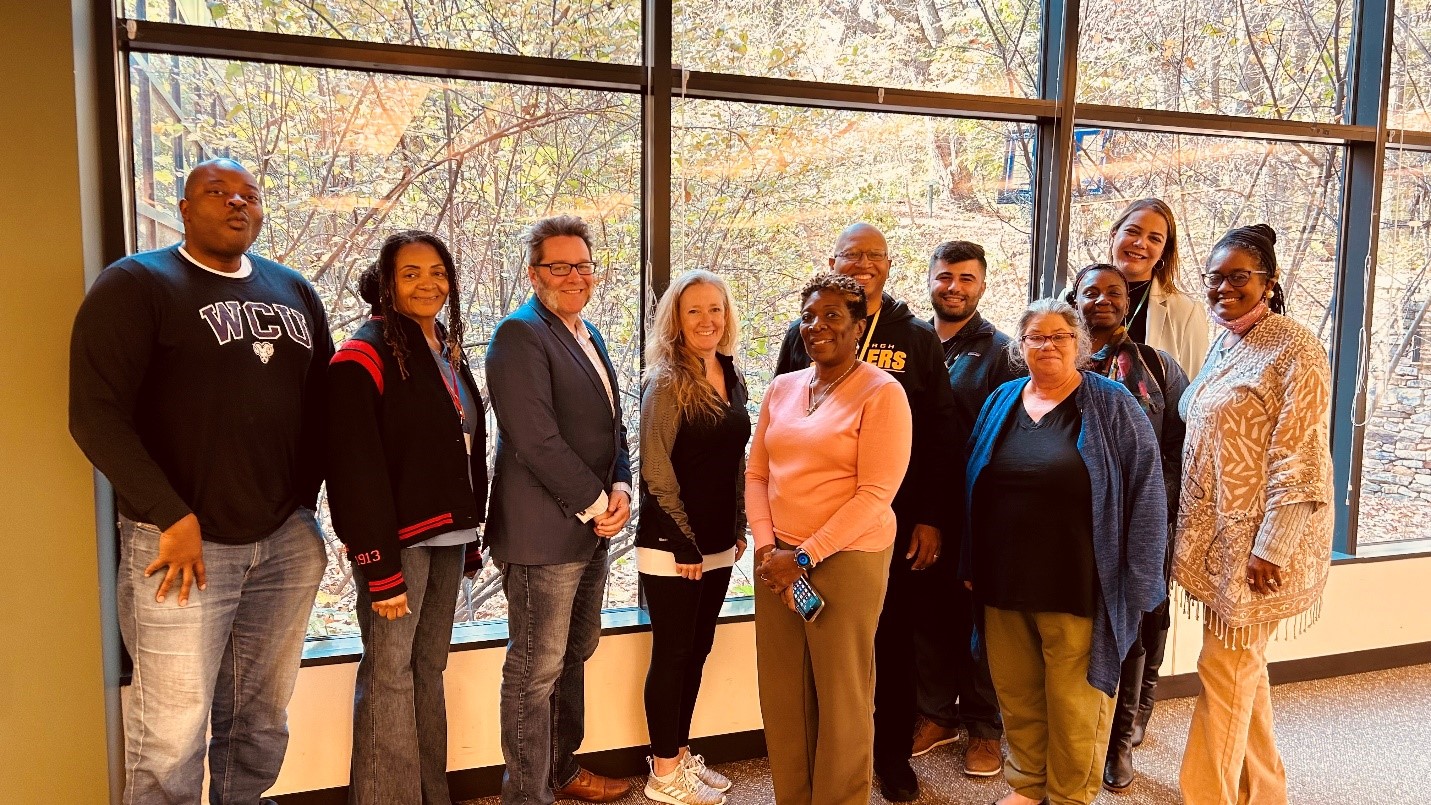
In the realm of environmental justice, 2023 marks a significant year, especially for the Region 3 Thriving Communities Technical Assistance Center (TCTAC) grant. The year saw some pivotal events and developments, which included a significant grant, establishing a website and resource call line, several other important events, and a partner retreat. Here’s a chronological account of what transpired during this important year.
Although the official start date of our EPA grant was July 1, 2023, we were pretty busy preparing for the project. Since that time, we have been engaging in a number of strategic activities designed to set the foundation for a successful program that continues beyond the 5-year grant period.
Spring
In early-March 2023, we were notified of our finalist status in the TCTAC selection process, and mid-March were notified that we were selected as recipients! In April, the Biden-Harris Administration announced the TCTAC Centers across the U.S., and NWF in partnership with the University of Maryland (UMD) and our community/university partners were named as the Region 3 TCTAC.
You can read more about the grant selection process in our first blog.
EPA required a number of changes and modifications to the original proposal, so that was the focus from March through June/July. As the TCTAC is part of the Thriving Communities network, a number of other funding opportunities were released during that time also, and they continue to be released. As such, while we were addressing EPA’s changes, we found ourselves also applying for other grants – like the EPA Grantmakers, the USDA Urban and Community Forestry Grant, and a Letter of Intent for NOAA’s Coastal Resiliency Regional Challenge Grant.
Summer
In July, we were officially notified that we received the Region 3 EPA TCTAC. This was a significant development because the grant amount was increased to a whopping $12 million. The grant period officially began in July, marking the start of a new chapter in the pursuit of environmental justice. Over the next few weeks, we continued preparing for the upcoming events and activities.
September was a busy month for the TCTAC initiative. Here are some of the major activities we were engaged in:
Establishing Lines of Communication
The NWF TCTAC webpage went live, providing a platform for sharing information and updates about our work and initiatives. Alongside the website, we also established a Region 3 TCTAC Resource Line. The resource line numbers were designated for either pro bono service providers (202) 792-5350 or community organizations 1-800-757-1405.
Visit the Region 3 TCTAC webpage here.
Thriving Communities Network Convening
The Region 3 TCTAC Co-directors – Dr. Sacoby Wilson and I attended an afternoon meeting at the White House with a number of other TCTAC recipients. This was a half-day convening of technical assistance providers, federal agency staff, and philanthropists to learn about the progress on the Bipartisan Infrastructure Law and the Inflation Reduction Act, collaborate across federal initiatives, share best practices on technical assistance support and lessons learned from the field, and gain insight on the discretionary grant process.
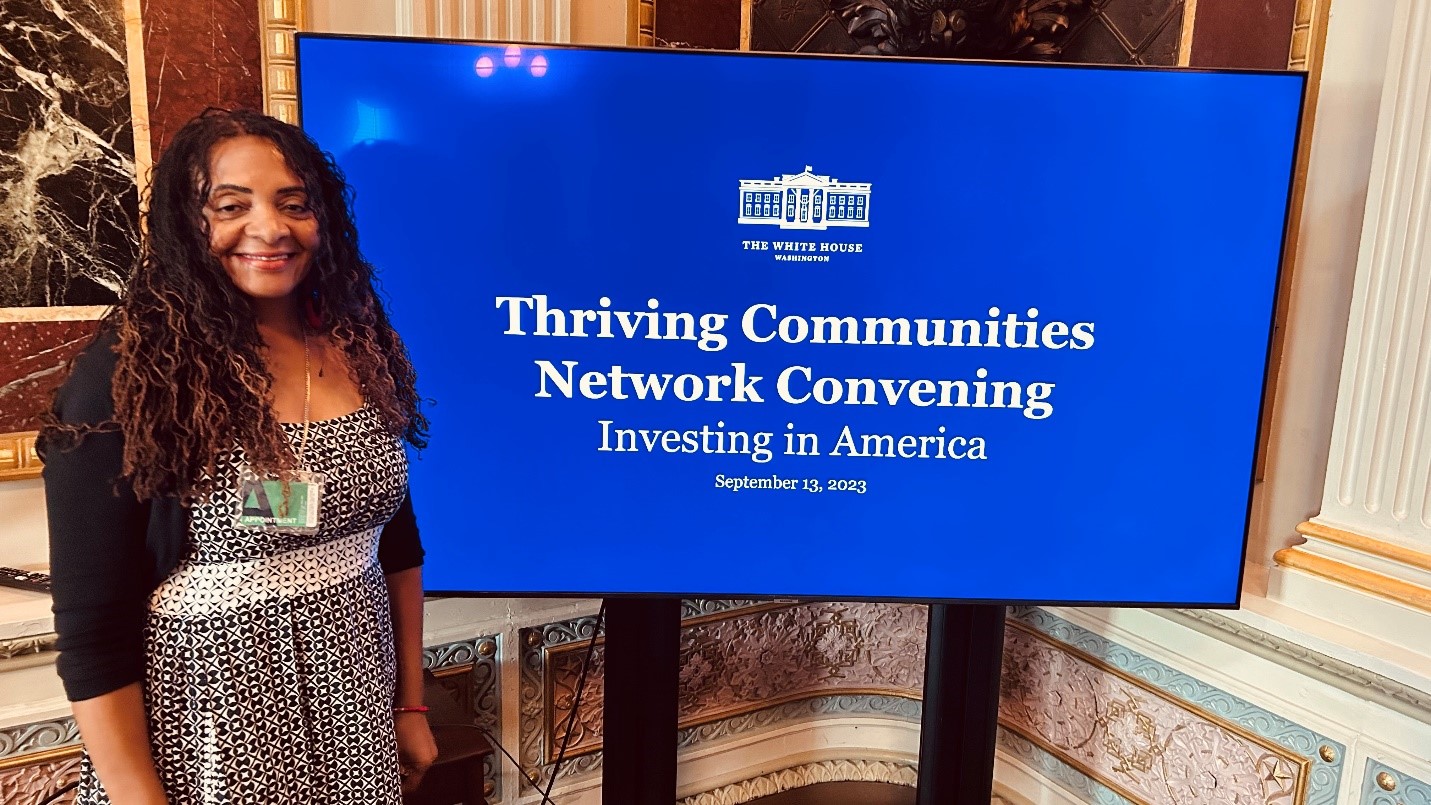
Center for Community Engagement, Environmental Justice and Health Disparities (CEEJH) Symposium
For 9 years, Dr. Wilson and his Center (CEEJH) have hosted a symposium on Environmental Justice and Health Disparities. This year, from September 11th – 16th, the event was divided between in-person and virtual sessions. The Symposium’s theme was “People, Power, & Politics” and the TCTAC project was a major focus at the event. The CEEJH Symposium was also the setting for our unofficial launch of the Region 3 TCTAC! There were a number of sessions that provided information on the Region 3 TCTAC as well as shared experiences from other TCTAC directors across the country. In addition, a number of TCTAC partners participated in various panels for the event. All of the sessions were excellent and very timely.
The Symposium agenda can be found here and videos of the event can be viewed on the CEEJH YouTube Channel here.
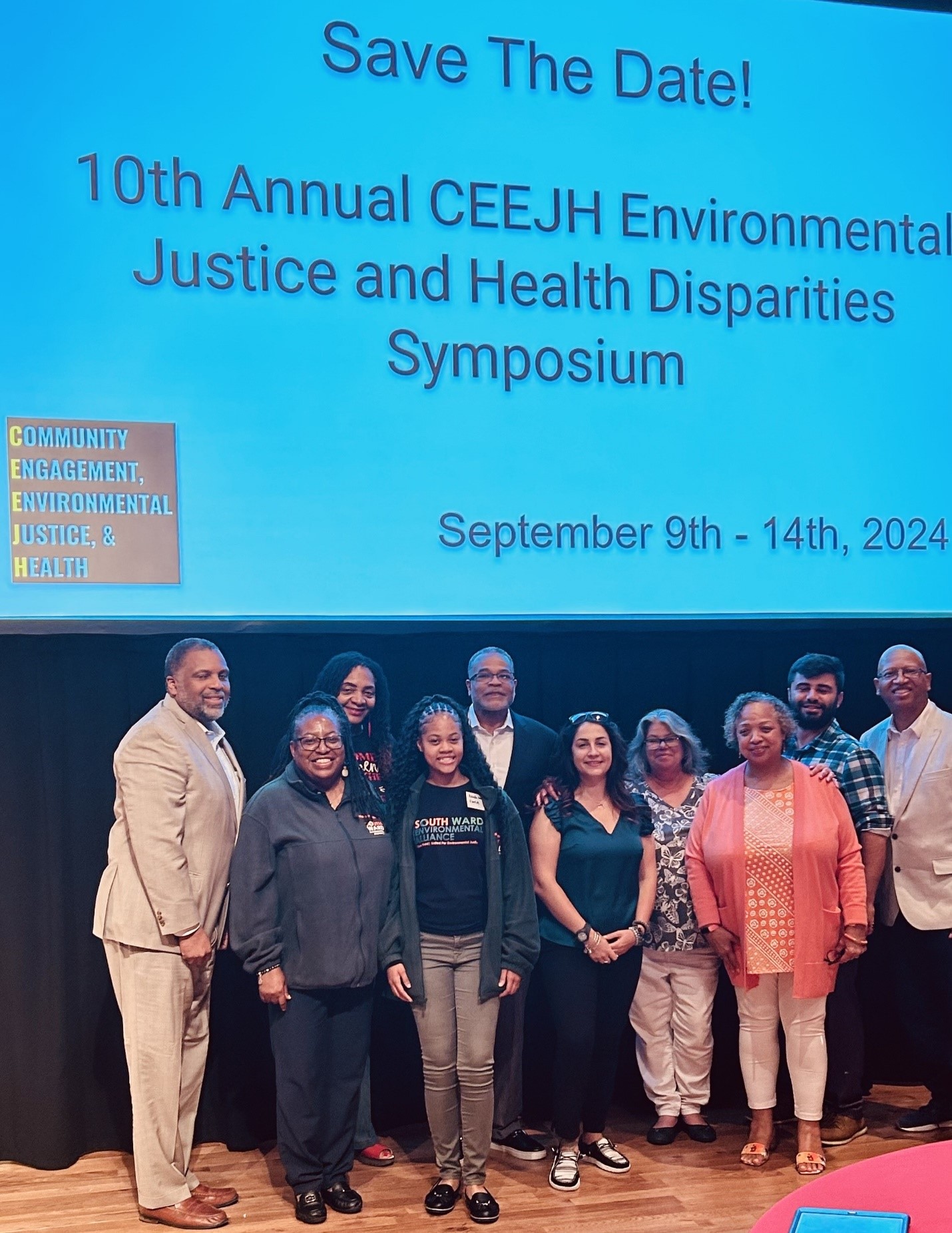
EPA Official Region 3 TCTAC Launch and Empower DC Toxic Tour
EPA’s official launch of our TCTAC occurred at the end of September. The event was hosted by the Empower DC Community Hub, and occurred in historic Ivy City, Washington, DC. See NWF’s press release describing the event, which was attended by U.S. Senator Tom Carper (D-Del.), EPA Mid-Atlantic Administrator Adam Ortiz, NWF partners, UMD partners and others. After the more formal event, which was moderated by myself and Dr. Wilson, we participated in a toxic tour of the Ivy City neighborhood, led by Parisa Norouzi and Empower DC.
Read more about the event, Empower DC, and Ivy City here.
Both events were instrumental in raising awareness about the TCTAC, its mission and the issues in Ivy City, which have been the focus of Empower DC for years. This is just the type of environmental problem the TCTAC is supposed to help address.
Read more about the important environmental justice issues in Ivy City.
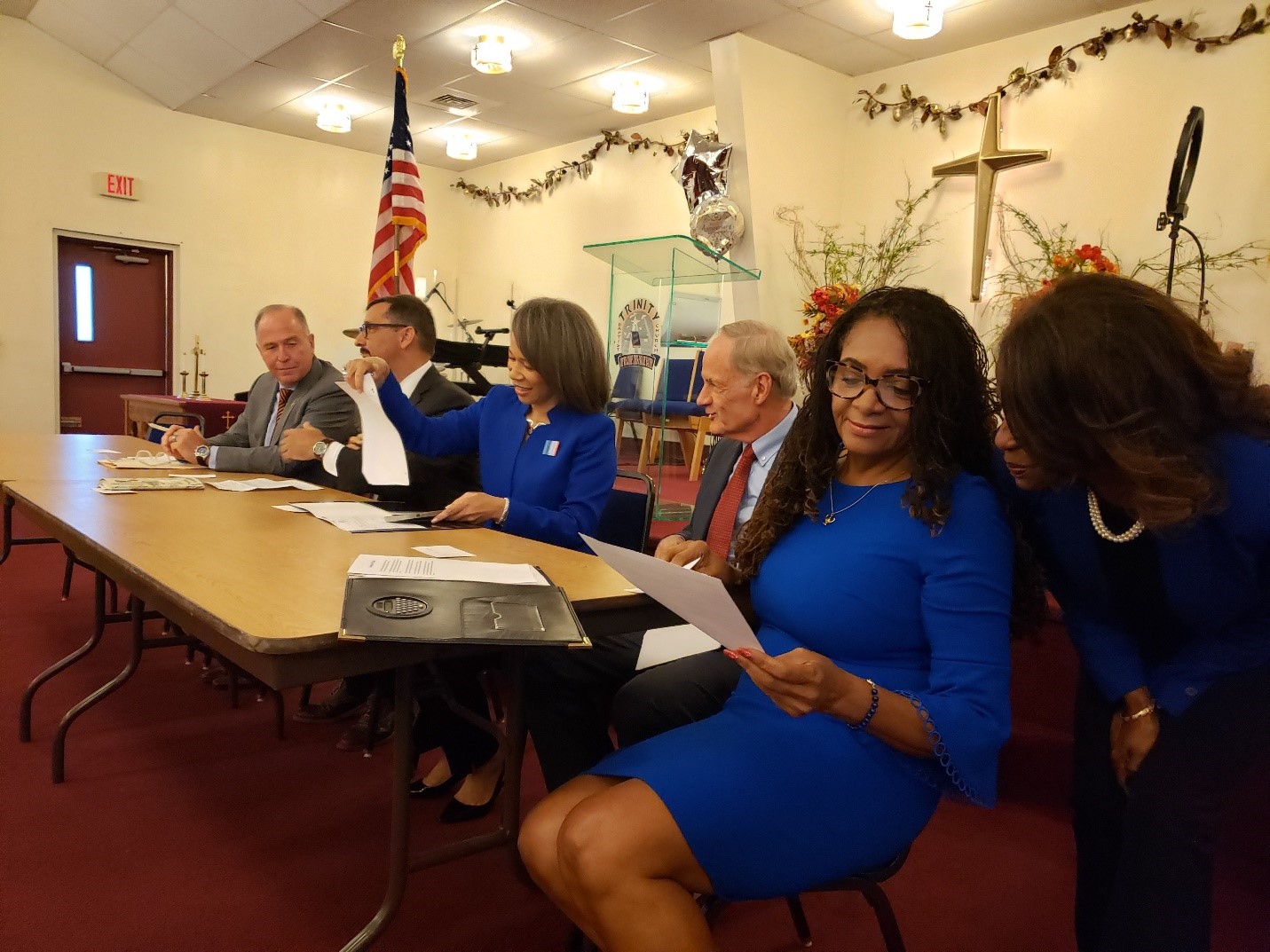
Fall
November was a milestone month for the TCTAC initiative. At the beginning of the month, our entire TCTAC team convened at NWF Headquarters in Reston, VA for our first retreat. This was an opportunity for us to meet each other in person, discuss questions and approaches, complete organizational, environmental justice and energy justice assessments, and fine-tune each work plan. This retreat served as a foundation for our efforts moving forward, setting the tone for our future work.
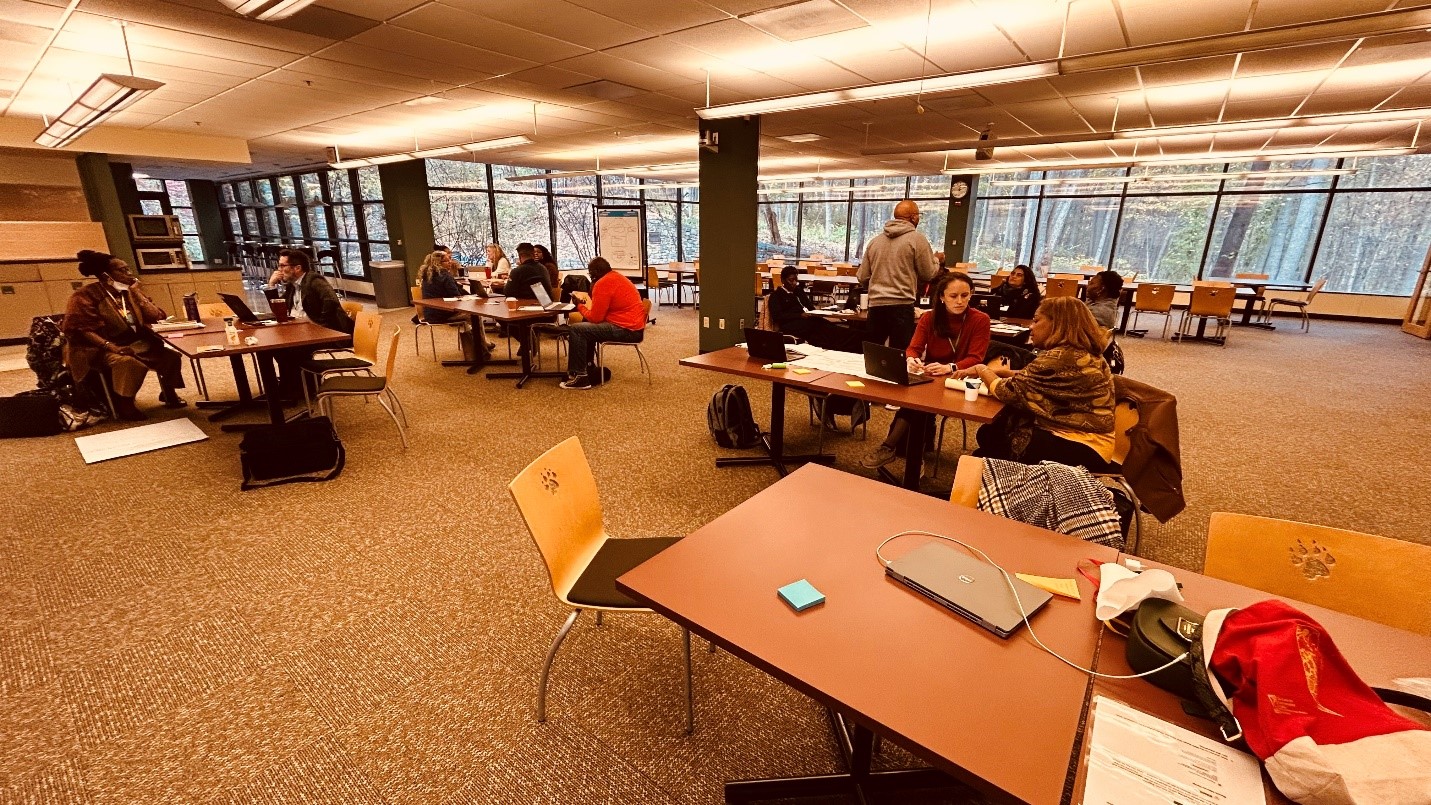
In conclusion, 2023 was a pivotal year for our TCTAC, marked by significant events and developments that have helped shape our mission and work in environmental justice. There have been a number of challenges, especially the very real issue of paying our hubs in advance so they could actually build capacity to do the TCTAC work instead of paying them via cost reimbursement. It is a fact that communities need funds to address capacity and other issues BEFORE the work can be done.
Another challenge is that posed by organizations which apply for funding but have no history of working with environmental justice communities. For more information on this issue, please watch the CEEJH Symposium panel entitled “Environmental Justice and Economic INpowerment: There’s EJ Gold Up in Dem Hills” on their YouTube channel.
It’s clear that the journey is just beginning and there’s much more to look forward to in the future.















